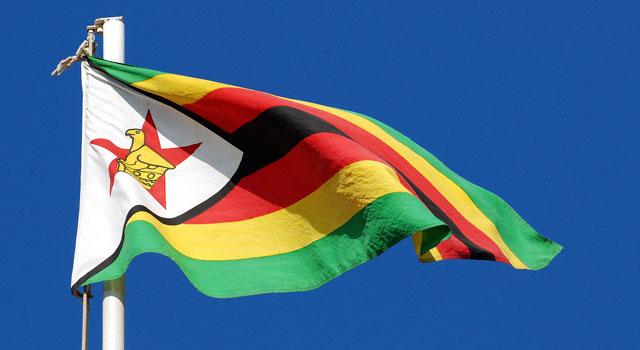News / National
Zimbabwe rated Africa's most expensive economy
15 Jun 2024 at 10:13hrs |
1 Views

Zimbabwe was recently identified as Africa's most expensive country according to a comprehensive study by the African Development Bank (AfDB). The study assessed power purchasing parities (PPPs) and exchange rates across African nations.
Zimbabwe, which until recently grappled with hyperinflation, transitioned into deflation following currency adjustments in April. The reintroduction of the Zimbabwe dollar (ZWL) in 2019 replaced a decade-long dollarization period but quickly depreciated due to excessive money supply. This depreciation significantly impacted the country's PPP.
According to AfDB, Zimbabwe topped the continent's price levels, followed by Cabo Verde, Djibouti, Seychelles, and South Africa. Conversely, Sudan, Egypt, Angola, and Ethiopia recorded the lowest price levels. The Price Level Index (PLI) provided by AfDB compares each country's overall price levels relative to Africa's average, with a PLI greater than one indicating higher prices compared to the region's average.
Official statistics revealed that surviving in Zimbabwe required approximately ZiG624.44 per month, equivalent to US$46.39, a figure widely contested in the market. Concerns raised by the International Monetary Fund (IMF) and World Bank regarding data collection practices at the Zimbabwe National Statistics Agency underscored the need for transparency.
Speaking at the Zimbabwe Investment and Capital Markets Conference in the UK, Finance Minister Mthuli Ncube assured investors of efforts to stabilize the exchange rate. He emphasized the government's commitment to maintaining macroeconomic stability through prudent monetary and fiscal policies. Ncube highlighted the extension of the multi-currency system until 2030 to facilitate a gradual de-dollarization process.
In April, Zimbabwe introduced the Zimbabwe Gold (ZiG), a new structured currency backed by a composite basket of foreign currency and precious metals. This initiative aimed to enhance stability, evidenced by a month-on-month inflation rate of -2.4% in May 2024 and stable exchange rates across official and parallel markets.
Ncube emphasized the government's goal of transitioning to a private sector-led economy while ensuring a conducive macroeconomic environment, investing in infrastructure, education, and healthcare. He emphasized the role of foreign direct investment in enhancing technological transfer, strengthening value chains, and bolstering overall competitiveness in Zimbabwe's economy.
Zimbabwe, which until recently grappled with hyperinflation, transitioned into deflation following currency adjustments in April. The reintroduction of the Zimbabwe dollar (ZWL) in 2019 replaced a decade-long dollarization period but quickly depreciated due to excessive money supply. This depreciation significantly impacted the country's PPP.
According to AfDB, Zimbabwe topped the continent's price levels, followed by Cabo Verde, Djibouti, Seychelles, and South Africa. Conversely, Sudan, Egypt, Angola, and Ethiopia recorded the lowest price levels. The Price Level Index (PLI) provided by AfDB compares each country's overall price levels relative to Africa's average, with a PLI greater than one indicating higher prices compared to the region's average.
Official statistics revealed that surviving in Zimbabwe required approximately ZiG624.44 per month, equivalent to US$46.39, a figure widely contested in the market. Concerns raised by the International Monetary Fund (IMF) and World Bank regarding data collection practices at the Zimbabwe National Statistics Agency underscored the need for transparency.
Speaking at the Zimbabwe Investment and Capital Markets Conference in the UK, Finance Minister Mthuli Ncube assured investors of efforts to stabilize the exchange rate. He emphasized the government's commitment to maintaining macroeconomic stability through prudent monetary and fiscal policies. Ncube highlighted the extension of the multi-currency system until 2030 to facilitate a gradual de-dollarization process.
In April, Zimbabwe introduced the Zimbabwe Gold (ZiG), a new structured currency backed by a composite basket of foreign currency and precious metals. This initiative aimed to enhance stability, evidenced by a month-on-month inflation rate of -2.4% in May 2024 and stable exchange rates across official and parallel markets.
Ncube emphasized the government's goal of transitioning to a private sector-led economy while ensuring a conducive macroeconomic environment, investing in infrastructure, education, and healthcare. He emphasized the role of foreign direct investment in enhancing technological transfer, strengthening value chains, and bolstering overall competitiveness in Zimbabwe's economy.
Source - newsday
Join the discussion
Loading comments…
































